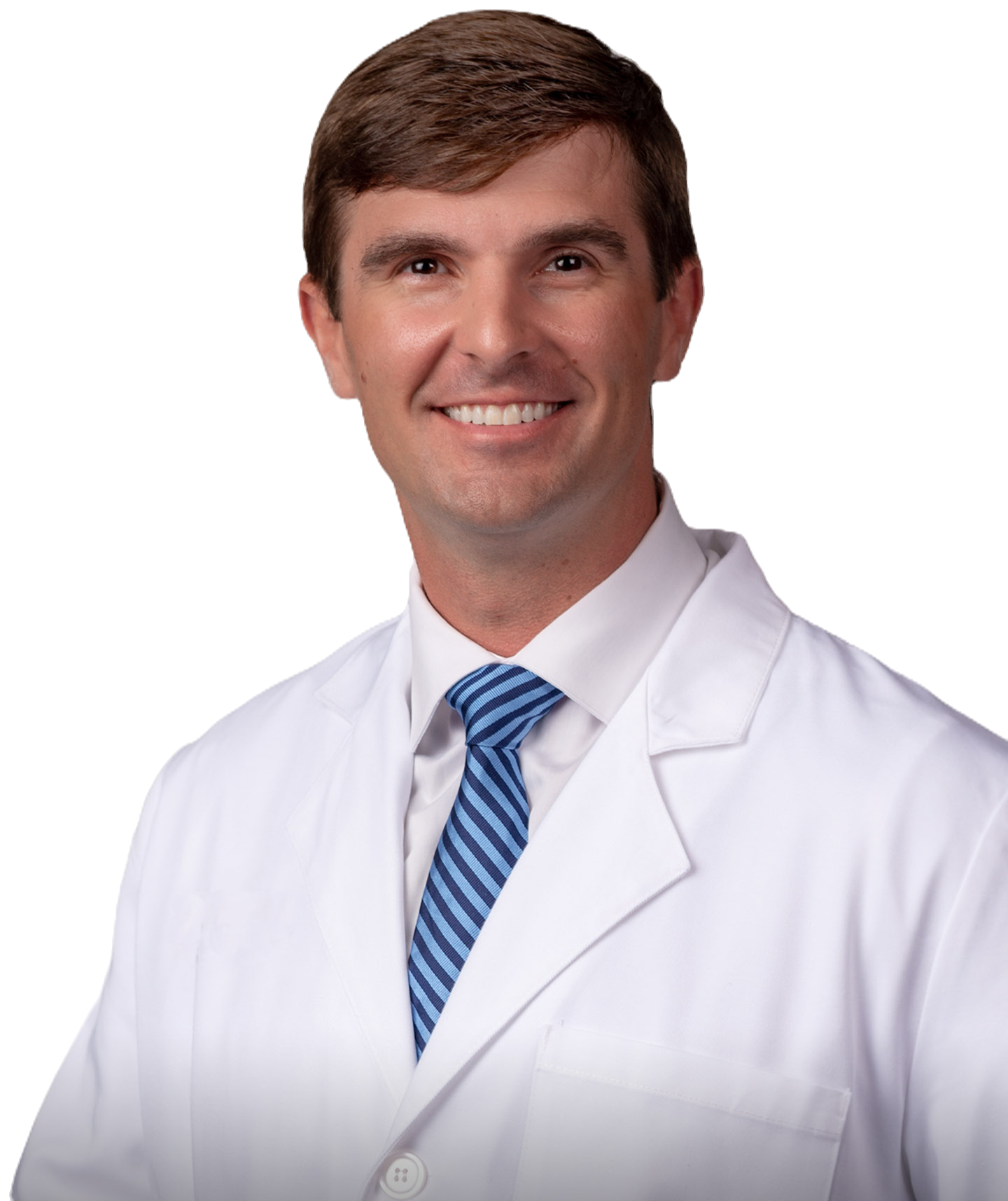Understanding Shoulder Pain: When to See an Orthopaedic Surgeon
- Dr. Christopher Roberts

- Oct 6
- 2 min read
Learn the common causes of shoulder pain, when it’s time to see an orthopaedic surgeon, and how expert care in Venice, Florida can restore your strength and mobility.
Why Shoulder Pain Matters
Shoulder pain is one of the most common reasons people visit an orthopaedic specialist. The shoulder is an incredibly complex joint—allowing more motion than any other joint in the body—but that flexibility also makes it vulnerable to injury and wear. Whether it’s a nagging ache when you reach overhead, pain that wakes you at night, or weakness lifting objects, understanding the cause is the first step toward getting back to your normal activities.
Common Causes of Shoulder Pain
Not all shoulder pain is the same. Some patients experience sharp pain after a fall or sports injury, while others notice a slow onset of stiffness and discomfort over time. The most frequent causes include:
Rotator Cuff Tears: The rotator cuff muscles and tendons stabilize your shoulder. Tears can occur from overuse, heavy lifting, or degeneration over time, leading to weakness and pain when raising the arm.
Impingement Syndrome: When tendons get pinched between shoulder bones, it can cause inflammation and pain—especially when reaching overhead.
Shoulder Arthritis: Cartilage wear leads to grinding, stiffness, and loss of motion.
Labral Tears: Often seen in athletes or after trauma, these tears affect the cartilage rim that stabilizes the shoulder socket.
Bursitis and Tendinitis: Inflammation of the small cushioning sacs or tendons can make even simple movements painful.
When to See an Orthopaedic Surgeon
Occasional soreness after activity is common, but certain signs mean it’s time for expert evaluation:
Pain that persists beyond a few weeks
Weakness or loss of motion
Night pain that interrupts sleep
Shoulder instability or “popping” sensations
Pain following a fall or sports injury
.png)

